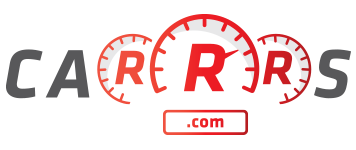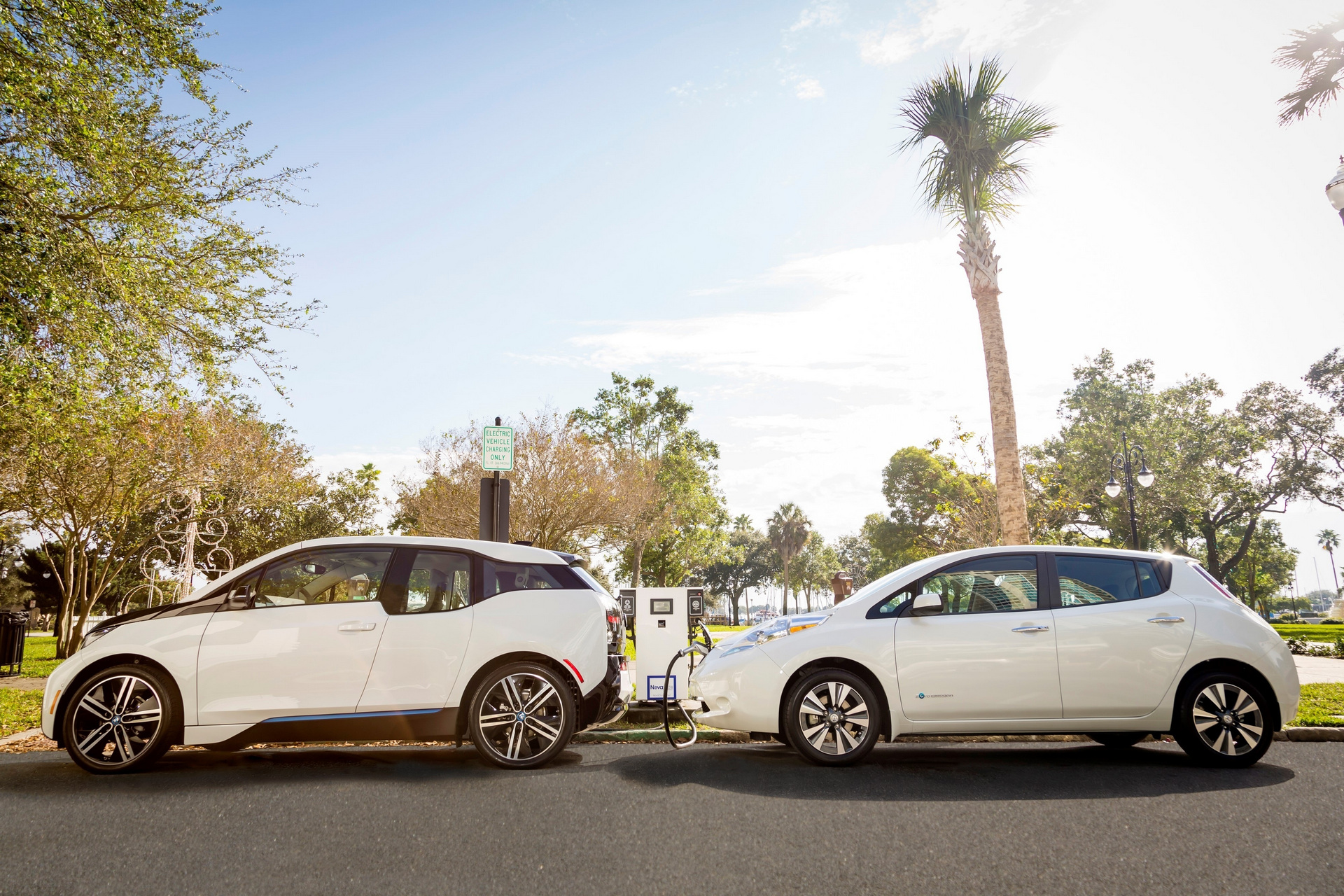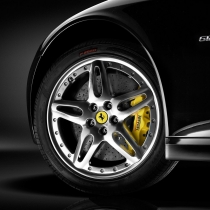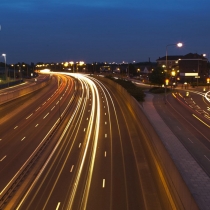Nissan and BMW are joining forces to offer public fast charging at 120 locations across 19 states in an effort to support Nissan LEAF and BMW i3 customers and to promote increased adoption of electric vehicles (EVs) nationwide.
With this partnership between two of the top EV manufacturers, Nissan and BMW address the growing demand for additional public fast-charging options in markets spanning the country, giving drivers the ability to easily extend the length of their electric travels. The breadth of Nissan and BMW’s fast-charger buildout is expansive, with fast chargers now available in California, Connecticut, Florida, Georgia, Illinois, Indiana, Maryland, Minnesota, Missouri, New Mexico, Nevada, New York, North and South Carolina, Ohio, Pennsylvania, Tennessee, Virginia and Wisconsin.
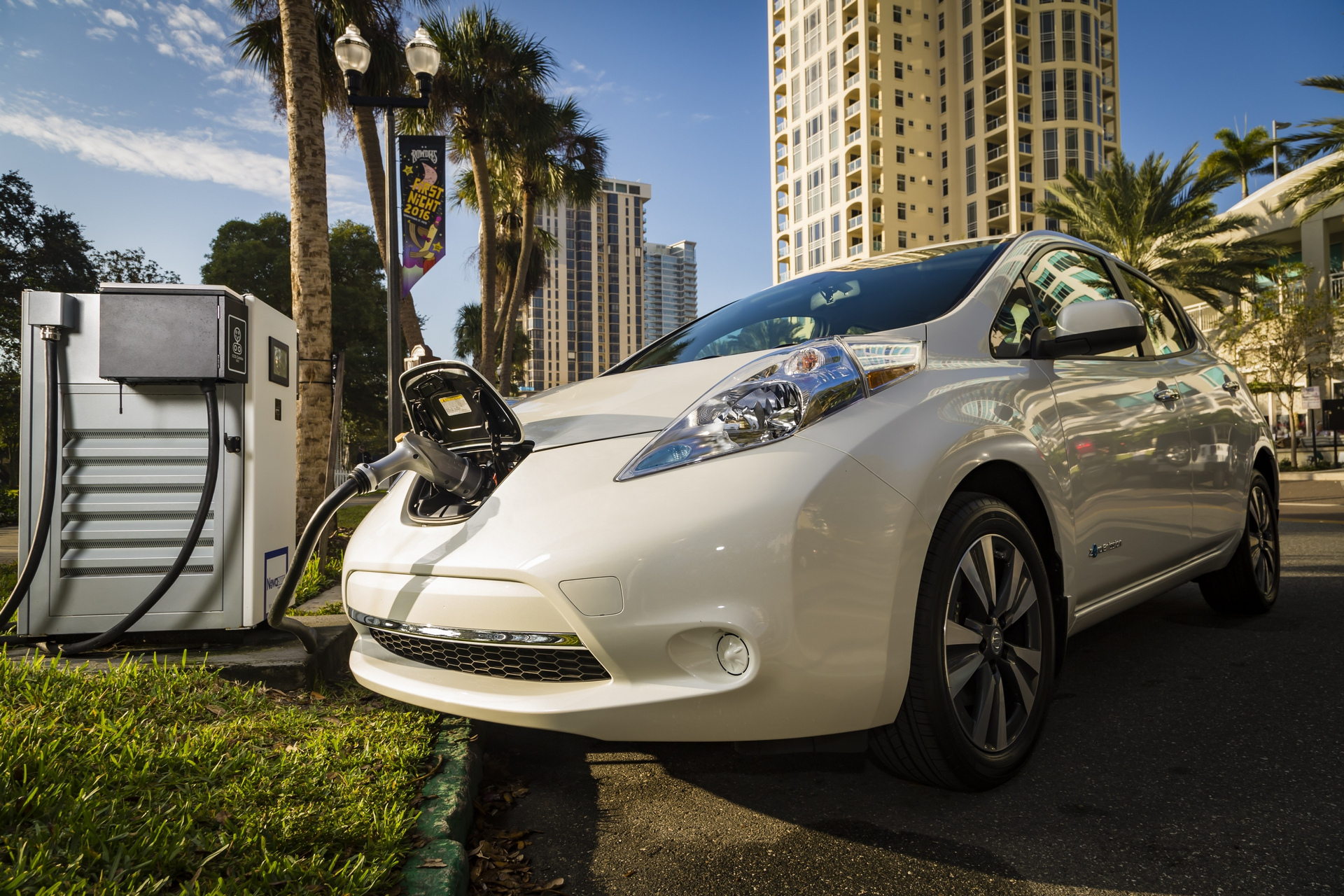
Nissan and BMW partner to deploy dual fast chargers across the U.S. to benefit electric vehicle drivers © Nissan Motor Co., Ltd.
“Nissan takes a three-pronged approach to growing public EV charging options for LEAF drivers by installing quick chargers in the community, at corporate workplaces and at Nissan dealerships,” said Andrew Speaker, Nissan’s director of Electric Vehicle Sales and Marketing. “By working with BMW to increase the number of available public quick-chargers, we are able to further enhance range confidence among EV drivers across the country.”
“BMW continues to pursue new ways to support the development of a robust public charging infrastructure that will benefit current and future BMW i3 owners across the country. This BMW-Nissan project builds on BMW’s ongoing commitment to participate in joint partnerships designed to expand DC Fast charging options nationwide for all EV drivers,” said Cliff Fietzek, Manager Connected eMobility, BMW of North America. “Together with Nissan, we are focused on facilitating longer distance travel so that even more drivers will choose to experience the convenience of e-mobility for themselves.”
Each of these new locations will offer a dual 50 kW fast-charging station with both CHAdeMO and SAE Combo connectors, serving owners of both Nissan LEAF and BMW i3 electric cars, as well as all EV drivers in the U.S. whose vehicles are equipped with quick-charge ports. These 50 kW stations can charge EVs from Nissan and BMW up to 80 percent in about 20-30 minutes, as compared to the longer time required to recharge at a Level 2 (240V) charger, currently the most commonly available public charging station.
Drivers can easily locate the chargers with ConnectedDrive in the BMW i3—either using the in-vehicle Navigation or by using the BMW i Remote App—or via the Nissan EZ-Charge smartphone app. Additionally, these chargers are compatible with the Nissan EZ-Charge cards.
Since the launch of Nissan LEAF – the world’s best-selling electric car – Nissan has reinforced its commitment to zero-emission mobility with investments in EV charging infrastructure to serve the needs of LEAF drivers in markets across the U.S. Nissan also recently introduced the new 2016 LEAF, which has available best-in-class range of 107 miles, making it the first affordable EV to get more than 100 miles on a single charge. Nissan LEAF gets 126 MPGe city and 101 MPGe highway on S models, and 124 MPGe city and 101 MPGe highway on SV and SL trim levels. All LEAF models feature an 80kW AC synchronous motor that generates 107 horsepower and 187 lb-ft of torque, providing a highly responsive, fun-to-drive experience.
BMW i is focused on the development of visionary vehicles and mobility services, inspiring design, and a new understanding of premium that is strongly defined by sustainability. The BMW i3, the first all-electric vehicle from the BMW Group and winner of the 2015 Green Car of the Year award, has been the standout in the electric vehicle field since its launch in 2013. With a 170 horsepower synchronous electric motor powered by a 22-kWh lithium-ion battery, the BMW i3 can travel emissions free for 80-100 miles. With a combined rating of 124 MPGe, the BMW i3 is the most efficient EV as rated by the U.S. EPA.

